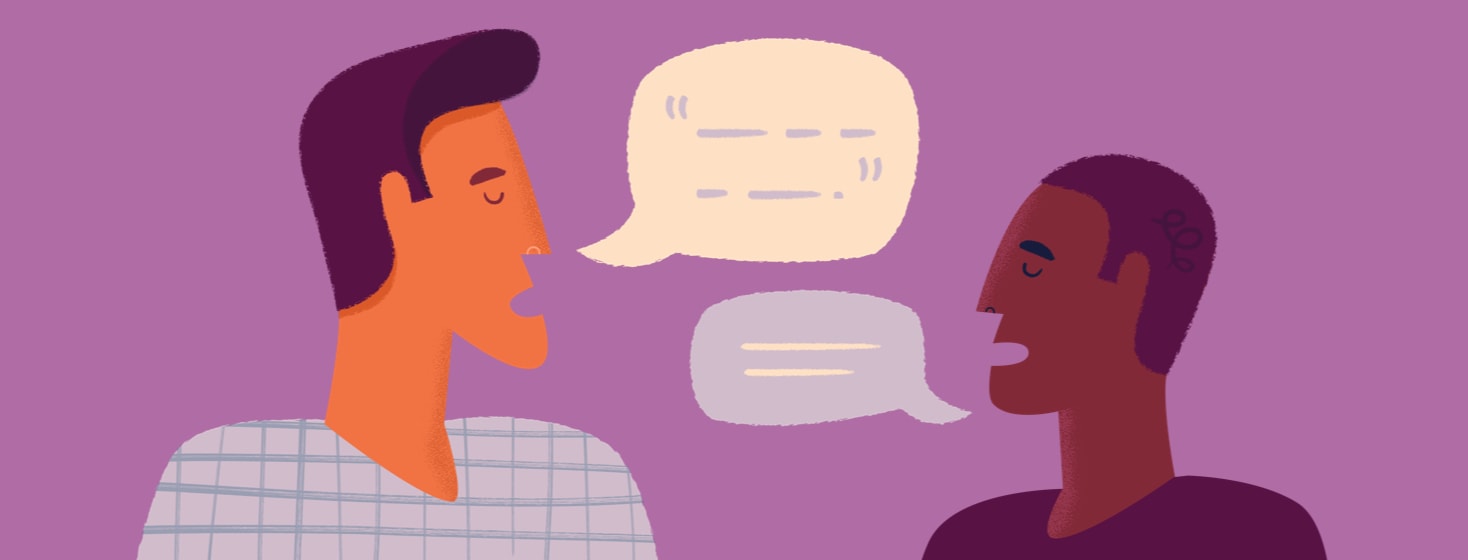Treatment Is Available For Stuttering
For those suffering from stuttering, there is reason to be hopeful: treatment is available. Advances in neuroscience and speech pathology have led to several new stuttering causes and treatments. For stutterers, the outlook is better now than it has ever been before. Here are some of the most helpful stuttering treatments.
Therapy
Speech and language pathologists provide therapy for children and adults who stutter. Regular speech therapy is one of the most popular and reliable stuttering cures. This is no miracle cure: it takes work and repeated appointments. Those willing to make the effort, however, often see substantial results. Therapy often begins with an assessment where the therapist determines the degree of stuttering. After the assessment, the speech and language pathologist is ready to begin treatment. Therapy is meant to build confidence and fluency. A speech therapist will also provide tips and coping methods that a stutterer can use day-to-day, such as breathing regulation. Therapy also addresses the anxiety that many stutterers feel in social situations (in this case, anxiety is a result of stuttering, not the cause).
Electronic Devices
There are a few different electronic devices that are intended to reduce stuttering. These devices have varying degrees of success as stuttering cures and are most effective when combined with therapy. Some electronic devices help stutterers slow their speech, thus improving fluency. Other devices fit into the ear like a hearing aid and mimic the stutterer’s speech. This treatment is based on the theory that speaking in unison with someone else can reduce stuttering. Such treatments are still quite new and require further research and development to be fully effective.
Cognitive-Behavioral Therapy
Cognitive-behavioral therapy is another method for treating stuttering. Unlike other stuttering cures, this method treats stuttering by helping the stutterer change their thinking and behavior. This type of therapy was introduced in the 1960s as a way to treat depression. It is now used to help patients overcome a number of life obstacles. Cognitive-behavioral therapy helps stutterers overcome anxiety associated with stuttering, including anxiety over how others will react to the stuttering. Cognitive-behavioral therapy also seeks to help stutterers recognize destructive patterns in their thinking that may worsen the condition and the stutterer’s reaction to it. Cognitive-behavioral therapy has been shown to be effective, especially when combined with speech therapy.
A Note On Medication
We should note that there is no FDA-approved medication for stuttering. In an effort to reduce stuttering and some of the negative effects that stuttering has on a patient’s mental health, physicians and psychiatrists to prescribe drugs meant to treat other conditions. For instance, anxiety and depression medications are often prescribed to stutterers. We should reiterate that these are not stuttering cures–only treatments meant to make life more manageable for those with severe stuttering. There are several homeopathic products that are advertised as “natural” cures for conditions like stuttering, but their treatments are unproven. The best stuttering cure remains a combination of therapy, training, and support. With these methods, stuttering can be overcome.

